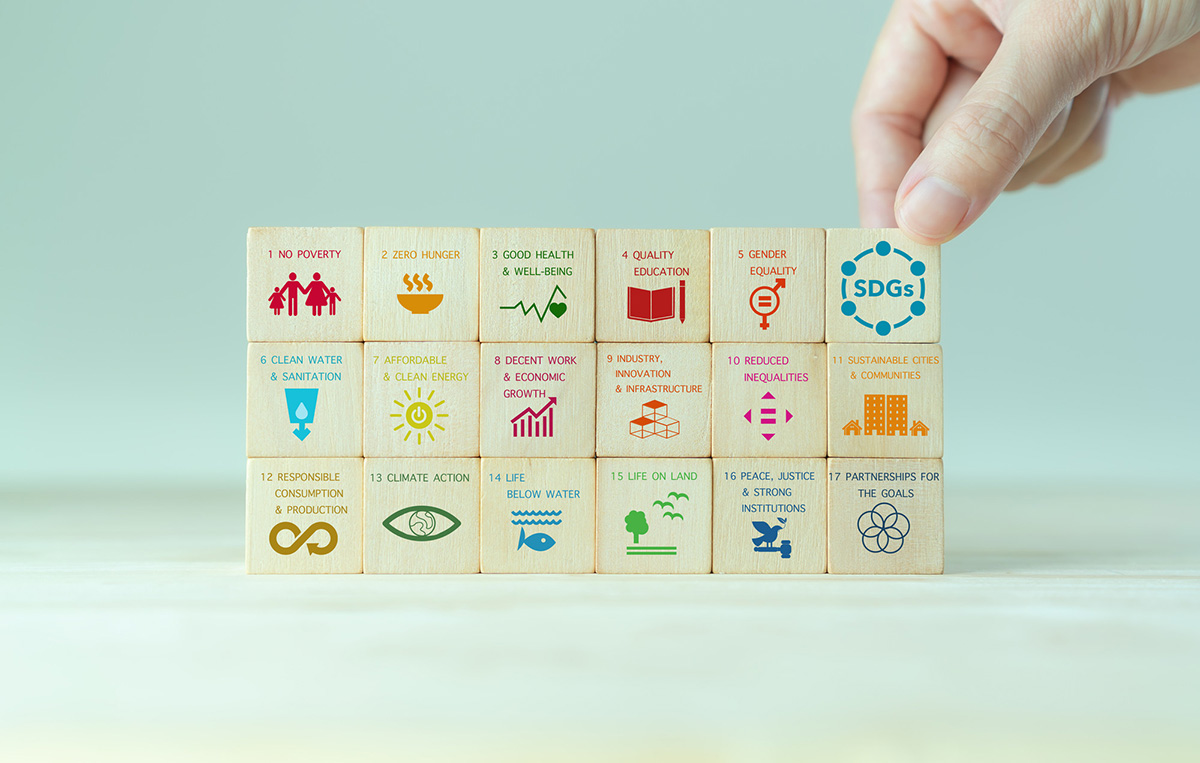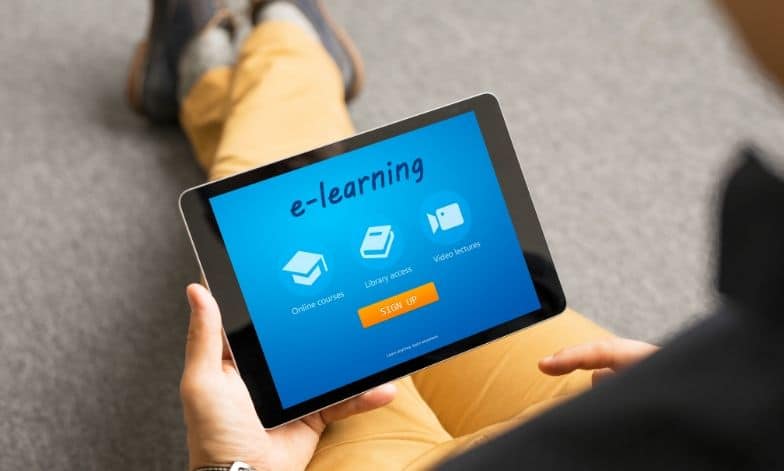“Gender equality has been my top priority as I served the UN as Secretary-General and afterward,” notes Mr. Ban Ki-moon. “In this regard, I am pleased to note that the Trans-Altai Sustainability Dialogue has taken the agenda of gender equality as the main theme. Gender equality represents the core value of human rights. It also plays an essential role in implementing the SDGs. I am confident that this event will provide momentum to enhance public awareness of the importance of gender equality across the Altai region.”
“As we approach the 2030 deadline for the Sustainable Development Agenda, there remains much work ahead to expedite progress on women’s empowerment,” says Gi-Wook Shin, the William J. Perry Professor of Contemporary Korea at Stanford and director of APARC. “We are pleased that the Trans-Altai Sustainability Dialogue has resulted from our 2022 inaugural TPSD in Seoul and are eager to seize the momentum to spark and amplify interventions to advance a gender-equal and sustainable future through our continued collaborative effort with Mr. Ban Ki-moon and his team, Ewha Womans University, and our partners in Mongolia.”
A major goal of the Sustainability Dialogue initiative is to mobilize and engage young leaders toward advocating for the SDGs in accessible and innovative ways. Highlighting the role of youth in achieving the SDGs, the Trans-Altai Sustainability Dialogue includes paper discussions and poster presentations by students from Stanford University and Ewha Womans University. The Dialogue also aims to bridge between local grassroots activities and institutional SDG stakeholders. In this spirit of stimulating bottom-up cooperation across diverse outlooks, on the second day of the Dialogue, participants will engage in a field trip and cultural activities that provide a creative and open environment where they can freely share ideas and explore collaborations and next steps.
“Gender equality has been a significant value and practical social task pursued by Ewha Womans University, so I am very pleased that the TASD in Mongolia takes the theme of gender equality dealing with women’s empowerment, leadership, education, and work,” says Eun Mee Kim, Ewha’s president. “Through this conference, I hope to expand gender-equitable education opportunities in the Altai region and engage more women leaders in decision-making, bringing us one step closer to realizing the 2030 Agenda for Sustainable Development. I hope that the Ban Ki-moon Foundation, Stanford University, the Mongolian team, and Ewha Womans University will continue to cooperate and produce meaningful results for realizing gender equality as an agenda of the SDGs.”
The Dialogue demonstrates the shared commitment of its convening and co-organizing partners to the vital role of women and the need for their full and equal participation and leadership in all areas of sustainable development. Mongolia’s State Great Hural has been working alongside the Inter-Parliamentary Union towards becoming a gender-sensitive and human rights-focused parliament. This year, the State Great Hural is on track to implement several important activities as part of this work, including gender-sensitive law-making processes. The Ban Ki-moon Foundation continues to collaborate with international organizations and educational institutions toward implementing the SDG framework, which was spearheaded by Mr. Ban during his term as the UN secretary-general. APARC, drawing on its four-decade-long track record of bringing Asia scholarship to bear on policy questions, is capitalizing on Stanford University’s renewed commitment to improving the quality of human life and our planet through the new Doerr School of Sustainability. And Ewha Womans University, one of the world’s largest female educational institutes, is modernizing women’s education and pursuing new opportunities focused on advancing a sustainable society through its Ewha Vision 2030+.
About the Walter H. Shorenstein Asia-Pacific Research Center
The Walter H. Shorenstein Asia-Pacific Research Center (Shorenstein APARC) addresses critical issues affecting the countries of Asia, their regional and global affairs, and U.S.-Asia relations. As Stanford University’s hub for the interdisciplinary study of contemporary Asia, APARC produces policy-relevant research, provides education and training to students, scholars, and practitioners, and strengthens dialogue and cooperation between counterparts in the Asia-Pacific and the United States. Founded in 1983, APARC today is home to a community of distinguished academics and practitioners in government, business, and civil society who specialize in trends that cut across the entire Asia-Pacific region. For more, visit www.aparc.stanford.edu.
About the Ban Ki-moon Foundation For a Better Future
The Ban Ki-moon Foundation For a Better Future follows and further develops the achievement and philosophy of Ban Ki-moon, the 8th Secretary General of the United Nations through upholding the values of unification, communication and co-existence, and dedication. It promotes three pillars of the UN including peace and security, development, and human rights, and contributes to making a better future devoid of conflict and deficiency. In particular, the Ban Ki-moon Foundation actively collaborates with the UN, international organizations, and stakeholders toward achieving the 2030 Sustainable Development Goals and realizing the 2050 carbon net-zero of all state parties of the Paris Climate Accord of 2015. For more, visit www.eng.bf4bf.or.kr.
About Ewha Womans University
Ewha was established in 1886 as the first women’s educational institution in the Republic of Korea by an American missionary Mary F. Scranton. Ewha began educating women and girls who had not had opportunities for any education during the late Chosun dynasty in 19th century Korea. In 1887, “Po Goo Nyo Goan” was established in the compounds of Ewha as the first women’s hospital to help cure women patients by women doctors and nurses. Since then, Ewha’s mission has stood firmly on two pillars: women’s education and women’s health and medical education. Today, Ewha’s mission is to educate and nurture women leaders of the world in all fields of academic disciplines based on the Christian spirit of love, devotion, and sharing. With 25,000 students, 250,000 alumni around the world, and 2,000 international students, Ewha has grown into one of the leading research universities in the world with a full range of academic disciplines from humanities, social sciences, natural sciences, arts and music, engineering, law, medicine, and two teaching hospitals. Ewha has 15 undergraduate colleges, 15 graduate schools, and 2 teaching hospitals, each with 1,000 beds in the capital city of Seoul, Republic of Korea. For more, visit www.ewha.ac.kr.
Media Contact
Journalists interested in covering the Trans-Altai Sustainability Dialogue should contact Enkh-Undram Bayartogtokh, Head of Communications for the Secretariat of The State Great Hural (Parliament) of Mongolia, at enkhundram@parliament.mn. For further information on the convening, please contact Cheryll Alipio, Shorenstein APARC’s Associate Director for Program and Policy at calipio@stanford.edu.
Credit:Source link



